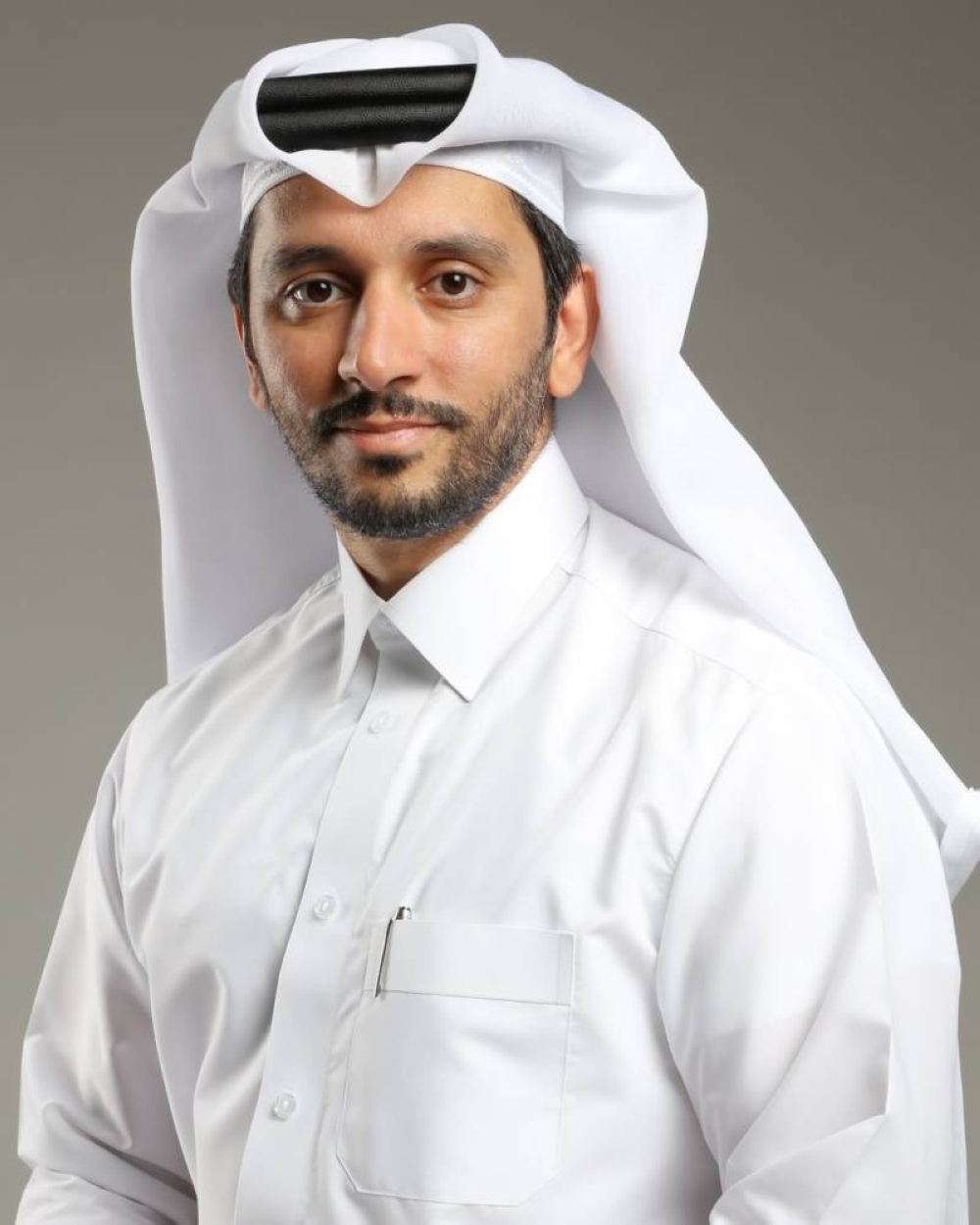It has emerged that Qatar mediated to secure the release of five US citizens who had been prisoners in Iran. The arrangement was part of a deal in which five Iranian citizens imprisoned in the US, mainly on charges of violating sanctions against Iran, were shown clemency. The deal also involves the unfreezing of $6bn-worth of Iranian funds which have been transferred to banks in Doha, and converted to euros.
Separately, in June, negotiators appointed by the Qatar government hosted talks between the US and Venezuela. The two nations have been in conflict for much of the past two and a half decades, since the left-wing regime came to power in 1999.
Qatar, which has also hosted negotiations between the US and respectively Iran and the Taliban, has positioned itself as a neutral state, one where both its negotiators and its banking system are trusted.
This is an intriguing feature of what is an increasingly a multipolar world, in which smaller countries do not find themselves obliged to side uncritically with one superpower or another. Qatar is not the only nation to sustain effective working relationships with disparate powers. Kenya, for example, has received infrastructure investment from China, military assistance from both India and the UK, while negotiating a trade deal with the US, having signed a similar arrangement with the European Union.
The history of nations seeking to be non-aligned from major empires or trading blocs is a long one, but during the Cold War it was difficult for a small nation to be non-aligned, but the quest to be neutral has a long history. India and Indonesia were leaders at the Bandung conference in 1955, a landmark event in which the nations of India, Pakistan, Indonesia, Burma (Myanmar) and Ceylon (Sri Lanka) came together to seize the opportunities created by the decolonisation process as the European powers retreated from their global empires. The Bandung conference delegates pledged themselves to mutual co-operation and to national self-determination, as well as human rights.
The Non-Aligned Movement also began in the 1950s, defining itself as being neither part of a Western empire nor a Communist alternative, at a time when the Cold War appeared to offer a binary choice. It still exists and has 120 members.
When the Warsaw Pact disintegrated in the early 1990s, the US emerged as a sole superpower, but with the economic rise of other nations, especially China, the unipolar dynamic has ended.
The resulting balance of power is fluid and complex. There may also be dangers. The Brics (Brazil, Russia, India, China, South Africa) grouping of nations would appear to be the modern incarnation of the Bandung Conference and the Non-Aligned Movement, but it contains both Russia and China, and tensions have increased between these powers and the West, especially since the conflict in Ukraine intensified in 2022. Kim Jong-un of North Korea met Russia’s president Putin in early September and they pledged unity in conflict with the West.
The main difference with the Cold War of 1950-1990 is economic. It is no longer the case that the only highly industrialised nations with a large middle class are to be found in western Europe, Japan, Australasia and North America. The features of an advanced economy can be found throughout the G20, and many other economies. In 1960, the US economy comprised 40% of global GDP, and China’s just 4%. Those percentages are now around 25% and 16% respectively.
China is not the only example. Indonesia is the fourth most populous country in the world, and a functioning democracy. It is the tenth largest economy in the world, in terms of purchasing power parity, and halved the poverty rate between 1999 and 2019, according to the World Bank. Gulf states export more oil and gas to Asia than to the West; they also have a modernised infrastructure, a sizeable middle class and are diversifying their economies.
With economic power comes influence. There are multiple sources of capital, and options for strategic economic partnerships, in the multipolar world. So although tensions between East and West have risen, it is unlikely that the world will return to a situation where there are just two dominant blocs.
Another factor is that the principal institutions of Western nations in the realm of global economic assistance and co-operation date from a different era. The World Bank and the International Monetary Fund were founded in the 1940s. As Mia Mottley, Prime Minister of Barbados, told a summit organised by French President Emmanuel Macron in June: ‘When these institutions were founded, our countries did not exist.’
The New Development Bank, set up by the Brics nations in 2016 with $100bn starting capital, is a credible alternative to Western agencies, and probably more such institutions will be established. Proliferation of sources of capital can be beneficial, and need not lead to confrontation. And where tensions do arise, small neutral nations such as Qatar are in a position to mediate.
The author is a Qatari banker, with many years of experience in the banking sector in senior positions.

